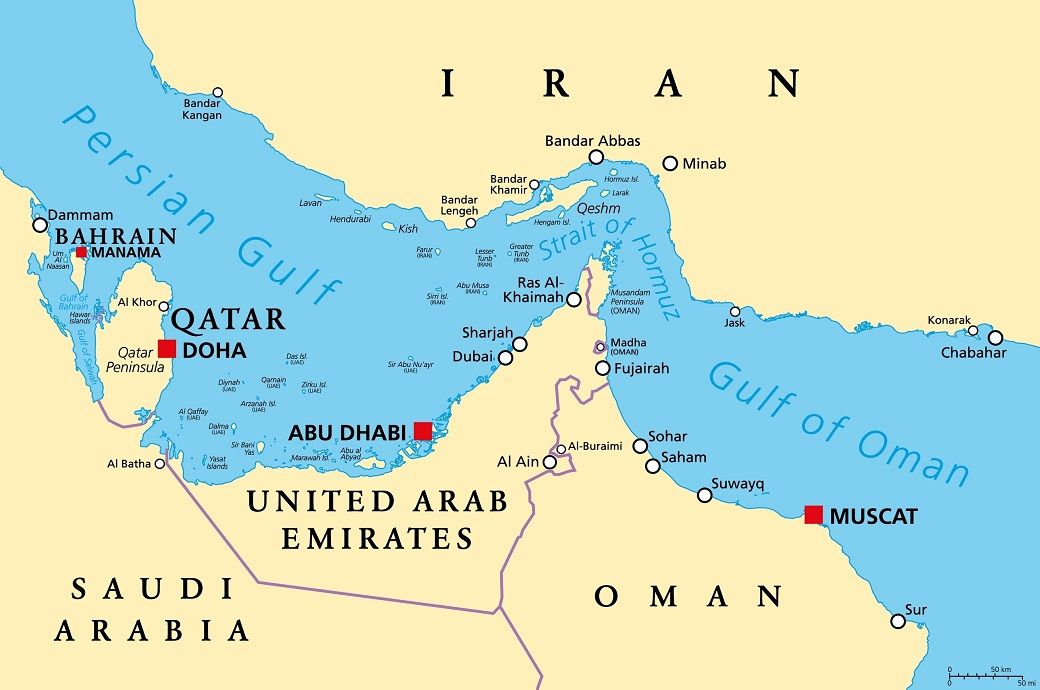
This move followed a recent US strike on Iranian nuclear facilities. Israel had earlier attacked its nuclear facilities as well.
Iran has threatened to retaliate. Foreign Minister Seyed Abbas Aragchi said that “a variety of options" are available, and the country would defend itself through all necessary means.
Around 20 million barrels of oil—nearly a fifth of global daily supply—and significant quantities of liquefied natural gas pass through the Strait of Hormuz.
A full or partial closure of the strait would disrupt global supply chains and raise shipping costs and insurance premia.
Meanwhile, US Secretary of State Marco Rubio has urged China to prevent Iran from closing the strait. Condemning the Iranian move as ‘economic suicide’, he warned that closing the strait would provoke a strong American and allied military response, global newswires reported.
India imports nearly nine-tenths of its crude oil requirements. Of this, about 2 million barrels per day out of 5.5 million transits through the Strait of Hormuz. The Indian government has reassured its public that it is prepared for short-term disruptions.
Petroleum Minister Hardeep Singh Puri said India’s oil marketing companies have sufficient reserves and continue to receive supplies through multiple routes. “A large volume of our supplies do not come through the Strait of Hormuz now,” he posted on X.
ALCHEMPro News Desk (DS)
Receive daily prices and market insights straight to your inbox. Subscribe to AlchemPro Weekly!